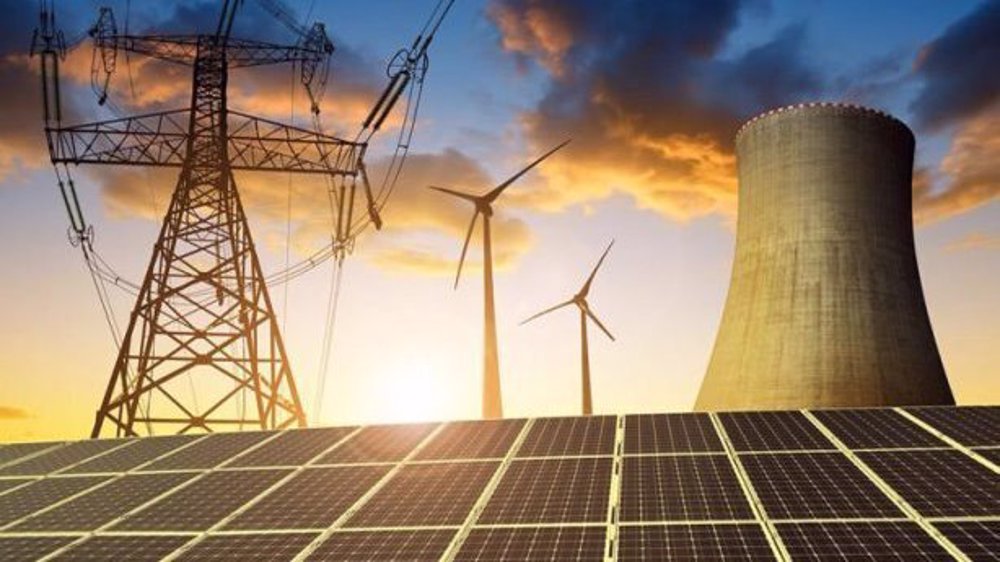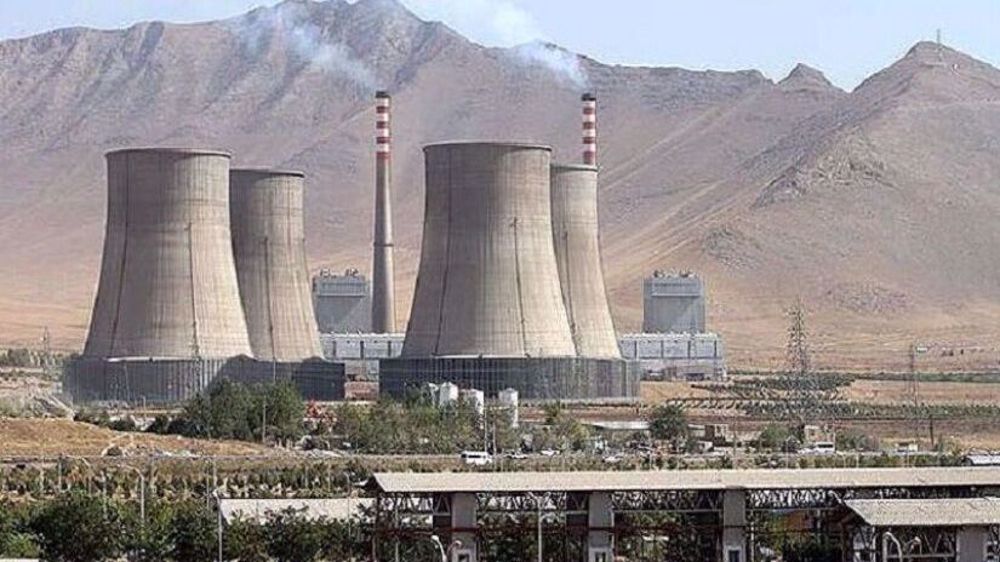Iran oil exports at 1.75mn barrels after sanctions removed: Zangeneh
Iran's oil minister says the country has increased its daily oil exports to 1.75 million barrels after sanctions against Tehran were removed in line with a nuclear deal between Tehran and six world powers.
Speaking to reporters following a meeting with visiting South Korean Minister of Trade, Industry and Energy Joo Hyung-hwan in Tehran, Bijan Zangeneh said the rise in oil output came about after Iran's nuclear deal, known as the Joint Comprehensive Plan of Action (JCPOA), entered into force in January.
Sanctions, which had been imposed on Iran by the European Union and the United States over Iran's peaceful nuclear program were lifted after Tehran and the P5+1 group of countries – five permanent members of the United Nations Security Council plus Germany – started implementation of the JCPOA, which they had clinched last July in the Austrian capital, Vienna.
When asked about the quantity of Iran’s oil exports hike, the minister said since the JCPOA entered into force (on January 16), Iran's oil and condensate exports have hit 1.75 million barrels per day.
Last month alone, Zangeneh noted, Iran exported 400,000 barrels per day more oil and condensate compared to the same period a year ago.
Referring to his meeting with the South Korean counterpart, Zangeneh said South Korea is currently importing 100,000 barrels per day (bpd) of oil from Iran and “we hope this figure would be doubled” in the near future.
According to a February report by Reuters, South Korea has tripled its imports of Iranian crude oil in January from a year before.
Customs data released in mid-February showed that South Korea bought 203,165 bpd of Iranian crude oil last month against 64,699 bpd a year earlier.
The imports were the highest since 2012 when South Korea bought 230,769 barrels from Iran before it cut shipments due to intensified Western sanctions.

Elsewhere in his remarks, Zangeneh said before sanctions were imposed on Iran, South Korean companies were very active in Iran and its contractor firms worked in Iran's oil and gas sectors.
“South Korean officials have promised to boost Iran's oil and condensate imports to a level higher than where they stood before sanctions and keep increasing Iran oil imports through 2016,” the Iranian oil minister said.
He noted that the Islamic Republic sees South Korea as an important Asian partner and the country can be a good customer for Iran's oil and even liquefied natural gas (LNG).
Mohsen Qamsari, director for international affairs at the National Iranian Oil Company, had announced earlier in February that the country would increase its crude oil exports by 500,000 bpd during the current month.
Noting that Iran is bent on making further increases to its crude oil exports, he added, “We are now in talks to make a further boost to oil exports. This will take some time and we hope it would be realized in a logical period of time.”
Qamsari stated that part of Iran’s additional oil output will be sold to the country’s traditional customers, but most of it will be bought by new customers in Asia and Europe.
‘Ghost town’: 70% of Jabalia buildings destroyed by Israel
Mother’s Day: Sareh Javanmardi’s inspiring journey as Paralympic champion and mother
Russia downs over 40 Ukrainian drones as Putin vows 'destruction' on Kiev
VIDEO | Yemen: A bone in Israeli neck
D-8’s role in Iran’s economy after Cairo summit
China slams US as ‘war-addicted’ threat to global security
China ‘firmly opposes’ US military aid to Taiwan
VIDEO | Press TV's News Headlines














 This makes it easy to access the Press TV website
This makes it easy to access the Press TV website